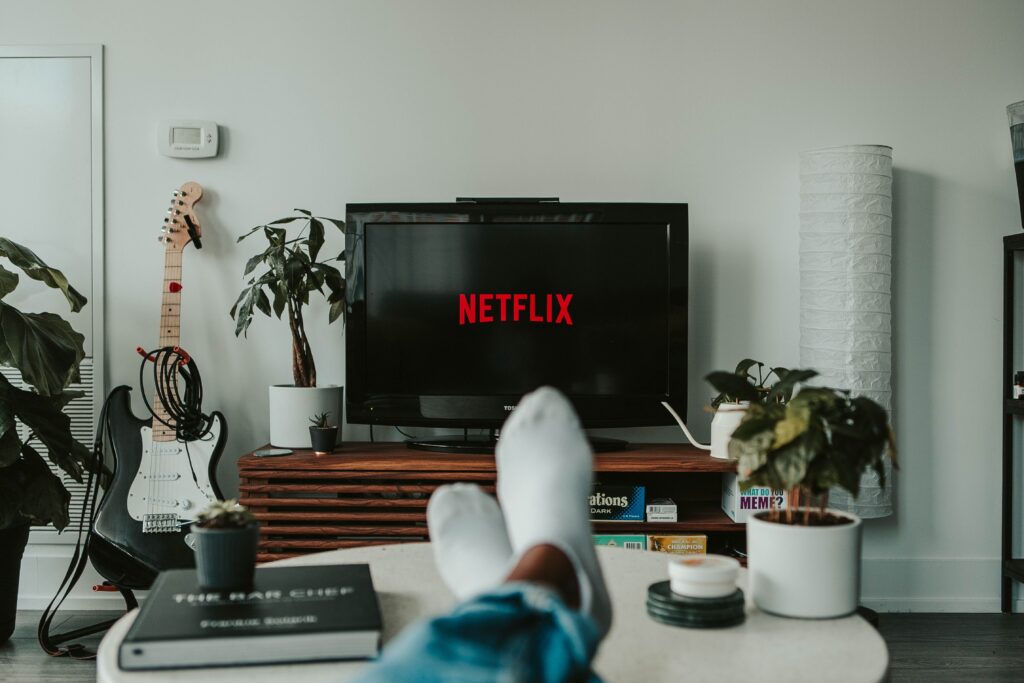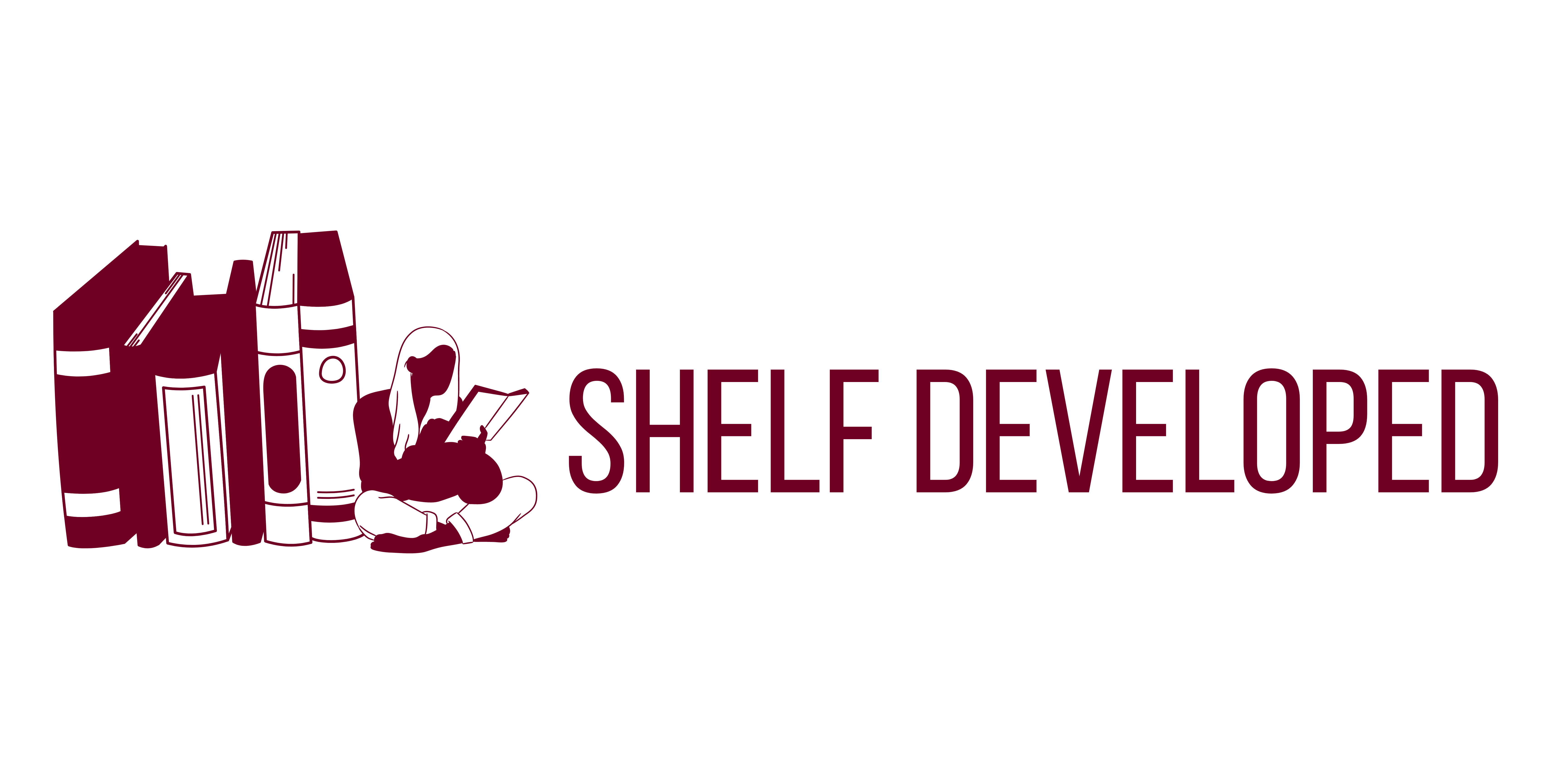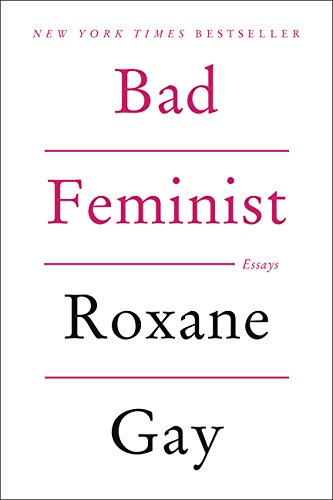Read this book if you’re looking for a contemporary, relatable, but critical lens into the everyday experience of being a woman. I highly recommend this to men.
Here are my Three Takeaways on Roxane Gay’s Bad Feminist:
1. Feminism should be about promoting equality, not misandry.
Too many people continue to misconstrue feminism as a campaign against men. All this does is polarize and incense more groups of people.
I can’t help but think about the recent South Korean election and what it will cost many women living there. Gender equality hangs on a thin thread in a culture with patriarchal customs, which is common across many Asian countries (or in the world, really). President Moon Jae-in’s successful election has been attributed to the growing anti-feminist movement in South Korea. The movement is fueled by young men’s view of feminism as a threat to employment opportunities. Moon calls himself an anti-feminist, his campaign propelled by promises to undo women’s rights such as abolishing the Ministry for Gender Equality and Family.

Roxane Gay writes:
“If women’s fortunes improve, it must mean men’s fortunes will suffer, as if there is a finite amount of good fortune in the universe that cannot be shared equally between men and women.”
I could not agree more. It shouldn’t have to be a competition or a power struggle.
2. The divide between advocating for and practicing equality in media and entertainment persists.
What we put in our ideas and creative output does not always exist in our realities yet. Unfortunately, this is true in many cases for equality. This makes it difficult for us to live out the daily experiences of practicing feminism. Roxane Gay expresses this well when she acknowledges how misogynistic rap music is, but it doesn’t stop her from enjoying it. Cognitive dissonance is a privilege for many of us who can separate the messaging behind Kanye West’s or Robin Thicke’s lyrics from our everyday experiences.
This isn’t to say there is a shortage of role models or pioneer women. I’ve read plenty of stories about girls and women who inspired my adult aspirations. Unfortunately, plenty of their stories remain fictional, fantastical, and unreachable.

We have a long way to go when it comes to bridging our ideas (fiction, songs, movies, TV shows) with our actual everyday realities. The fact that we have to consciously try to normalize and humanize being a woman is saddening but necessary. It matters that we do this. It matters that the healthy relationships we see in romance novels can persist in real life. It matters that powerful male celebrities face real consequences for violence against women, not just backlash on Twitter. The media we consume on a daily, hourly, minute-to-minute basis trickles into our words, our actions, and our relations.
3. Representation still needs more dimension and variety.
It’s great that we are seeing diversity in casts of characters across media. But I wonder if we could do more to diversify how we represent romantic relationships in popular media. As a heterosexual woman, I find that there are specific tropes that withstand the passage of time and social standards. You can interchange a feisty, independent woman with a meek, feminine woman, but the male love interest will be the same. He is typically masculine, wealthy, intelligent, and romantic, with numerous resources at his disposal. That could be Mr. Darcy. That could also be Christian Grey, a sociopathic control freak. The romantic dynamic almost always has to do with heroics and sacrifice. This can’t (and shouldn’t) be the only way people experience romance.
I acknowledge my limited exposure to the romance genre. I recently read The Spanish Love Deception, a highly regarded romance novel circulating the Internet. I was disappointed. It had a diverse and feisty female protagonist, but her romantic counterpart and their relationship are true to the typical trope. I want more stories like Sally Rooney’s Normal People, or Taylor Jenkins Reid’s The Seven Husbands of Evelyn Hugo. I want these stories to be the norm.
Gay talks about other limitations of women’s representation: movies and TV shows about rich, white girls written and directed by a rich white girl, and women’s fiction as a literary genre defined by men dominating the publishing industry. Both cases suffer from the network of nepotism — and I hope this will continue to change. We need more stories and truths about you, men, and us.
Have you read Bad Feminist? Share your thoughts in the comments below! If you enjoyed this post, you may want to check out Let’s Talk About Feminine Feminists in Fiction.
If you’re looking for other feminist texts to read, check out the books I read for Women’s Month. If you are interested in Roxane Gay’s other work, check out her New York Times column.


One thought on “Three Takeaways: Lessons from Bad Feminist by Roxane Gay”